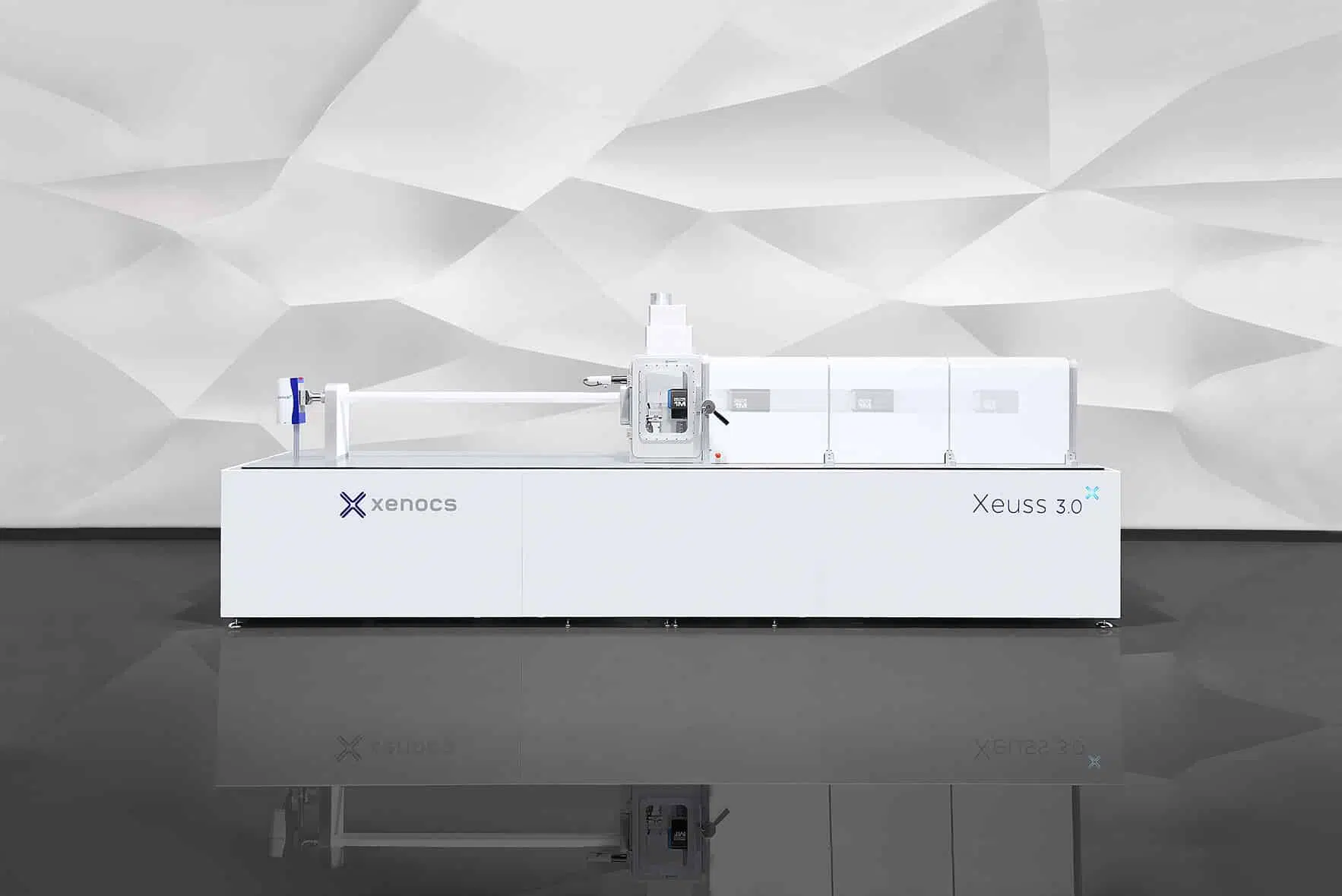Advanced Functional Materials, 2019, vol 29, 24, pp. 1901072
DOI:10.1002/adfm.201901072
Abstract
A series of hard–soft carbon composite materials is produced from biomass and oil waste and applied as low-cost anodes for sodium-ion batteries to study the fundamentals behind the dependence of Na storage on their structural features. A good reversible capacity of 282 mAh g−1 is obtained at a current density of 30 mA g−1 with a high initial Coulombic efficiency of 80% at a carbonization temperature of only 1000 °C by adjusting the ratio of hard to soft carbon. The performance is superior to the pure hard or soft carbon anodes produced at the same temperatures. This synergy between hard and soft carbon resulting in an excellent performance is due to the blockage of some open pores in hard carbon by the soft carbon, which suppresses the solid electrolyte interface formation and increases the reversible sodium storage capacity.


































